PC gaming covers many genres, and one that it particularly excels at is management sims. These addictive and creative PC games have allowed gamers to build and run all kinds of businesses, including theme parks, hospitals and even zoos.
Not only are they addictive, and tap into our desire to create, they are also deeply complex, allowing players to tweak their businesses to maximize their profits.
One of the best examples of this is Bullfrog’s seminal management sim Theme Park, released back in 1994. Not only could you build rides, shops and restaurants, but you could tweak settings such as upping the amount of salt on fries. The more salt, the more thirsty your customers would get. Putting a drinks shop next to the fries stall would then guarantee extra sales. Even better, you could increase the amount of ice in the drinks, rising your profit margins and getting customers to buy even more drinks to quench their thirst. Evil, perhaps, but effective.
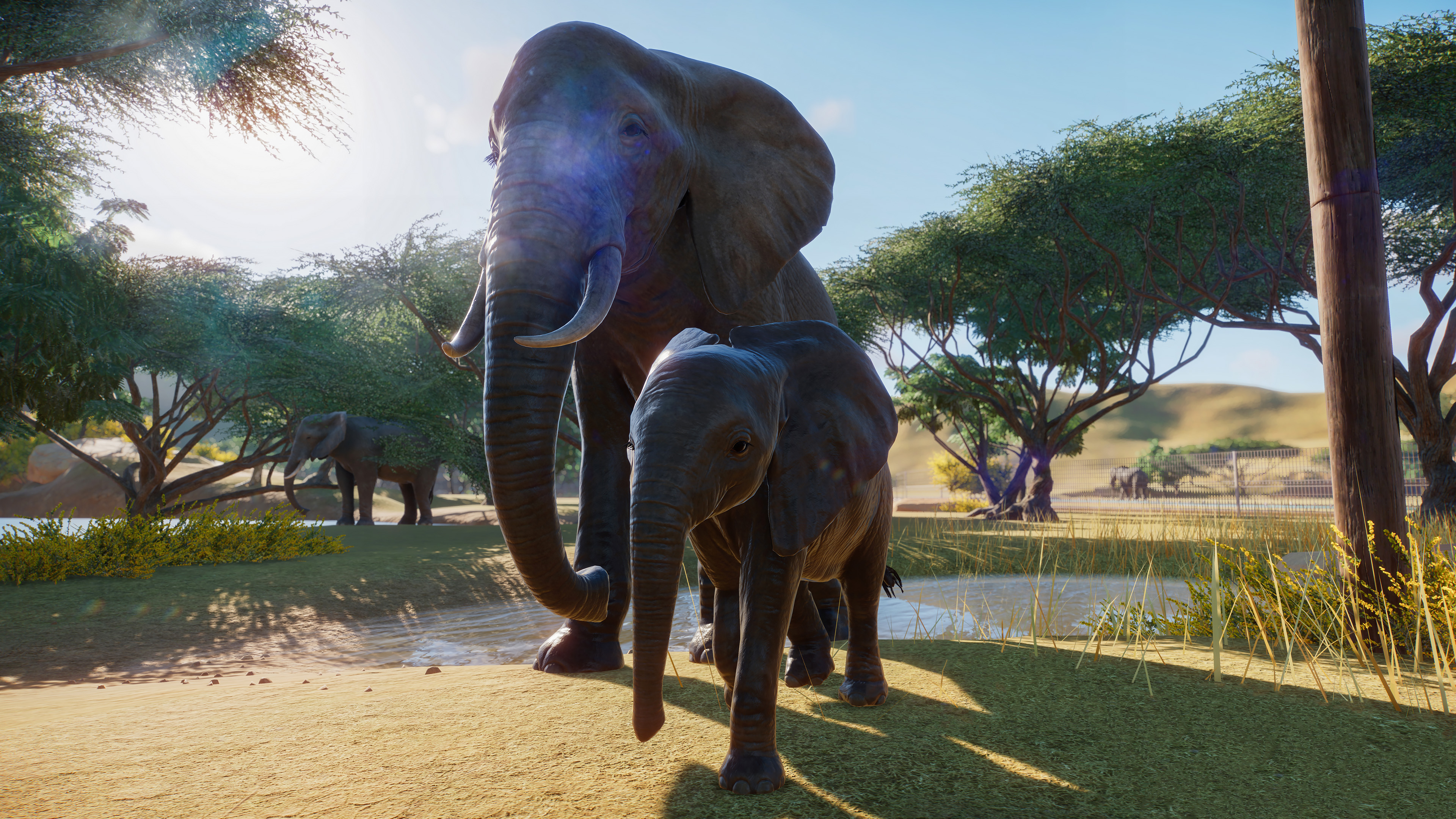
Big ambitions
Building a management sim with this this kind of complexity is no easy feat and Frontier, UK-based developers of popular games like Elite Dangerous and Planet Coaster, have aimed to build the ultimate management sim with Planet Zoo – adding an extra layer of complexity by realistically simulating animals and their needs.
So, for TechRadar’s PC Gaming Week 2021, we spoke to Planet Zoo Game Director, Steve Wilkins, to find out how they did it.
“Management games are a huge part of Frontier’s DNA and a genre that appeals to our strengths and passions,” he tells us. “We have always been aware of how popular these games are, and saw a huge opportunity to take the genre to the next level.”
This ambition didn’t come out of nowhere, however. “Drawing on our experience of animal and management games such as Kinectimals and Planet Coaster, we were able to understand the core fundamentals that made those originals so popular, and to use that existing knowledge to create entirely new features.”
While building theme parks and creating elaborate rides is one thing, with Planet Zoo, Frontier wanted to make the animals in your zoo behave realistically. “With Planet Zoo we wanted to create an authentic zoo experience for our players, so it was vital that the animals felt both alive and unique.”
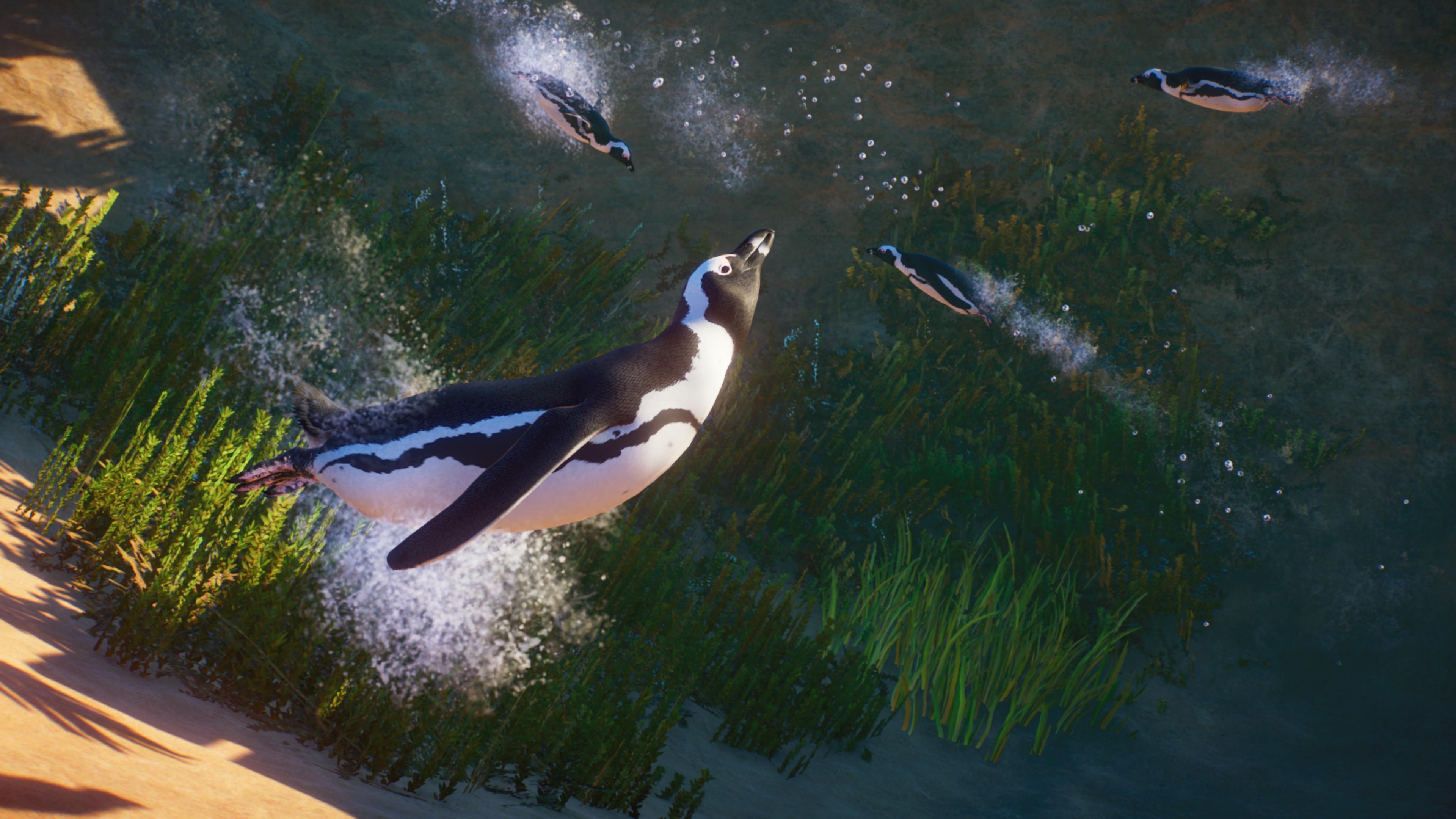
That ambition, of course, required a lot of work to get right. “Achieving this requires a wide array of techniques,” Wilkins explains, “such as capturing the animal’s natural movements, varying the animal’s behaviours, ensuring correct vocalisations are used, and that attention is given to the interactions both with members of the animal’s own species and with those of others.”
Considering the sheer number of animals included in the game, along with its growing list of DLC which adds even more animals from various parts of the world, this was a big undertaking. However, when you play the game and see how the animals behave, you feel a connection – a certain protectiveness as well – that you may not get if they were not as realistic. The effort, Wilkins tells us, is “all worth it to see these animals come to life in our player’s zoos across the world.”
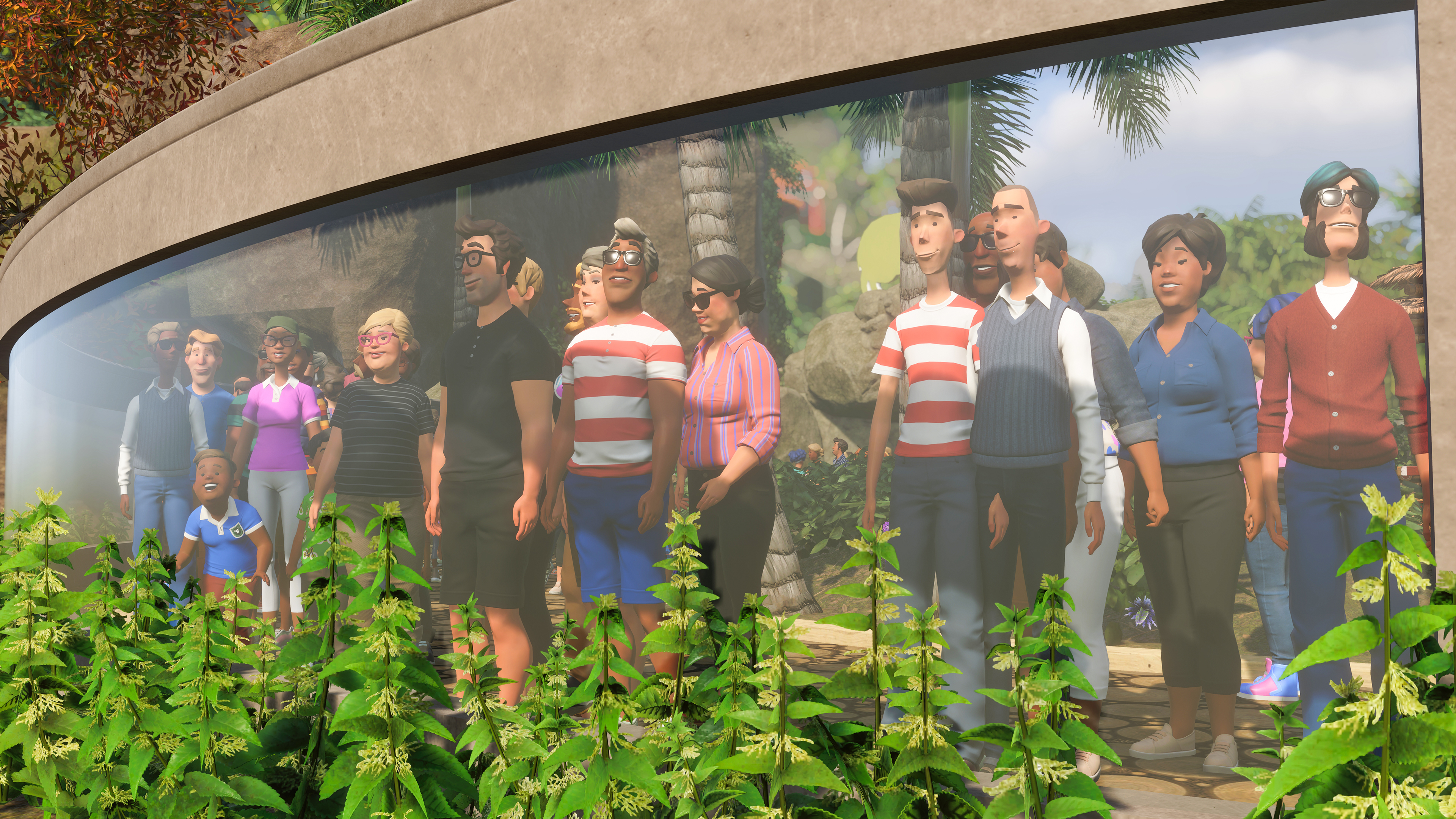
Influences
So, what management sims did Frontier look to when planning Planet Zoo? “Both Zoo Tycoon and Planet Coaster have been huge influences on the development of Planet Zoo from a gameplay perspective,” says Wilkins. “Taking the feedback and lessons learned from those two games has helped guide Planet Zoo into the game it is today, and to take the genre to new heights.”
Interestingly, it wasn’t just other games the Planet Zoo team took inspiration from – but the real world as well. “As well as looking at simulation titles from across the world of gaming,” continues Wilkins, “we also spend lots of time looking at the animals themselves, and working with real-world zoos to find inspiration and opportunities to innovate within the development process.”
So, what does Wilkins and the team at Frontier think is the most important thing to consider when making a simulation game?
"We spend lots of time looking at the animals themselves, and working with real-world zoos to find inspiration."
Steve Wilkins, Planet Zoo Game Director
“For us, the most important thing to consider when designing and developing a simulation game is to maintain a healthy balance of real-life expectations and fun.”
This balance has meant that while Planet Zoo strives to be as realistic as possible when it comes to the animals, a certain degree of artistic licence was needed to make sure the game remains fun. “We look to nature when defining the characteristics of the animals in Planet Zoo,” Wilkins explains, “however sometimes real-world requirements can end up being prohibitively difficult, or unexciting.
"A good example of this is that some animals will produce very large litters of offspring. In these cases, we reduce this slightly within the game, keeping the general feel of a large litter, but without forcing players to deal with 24 new-born Indian Peafowl every 20 minutes - that would be very tricky indeed!”
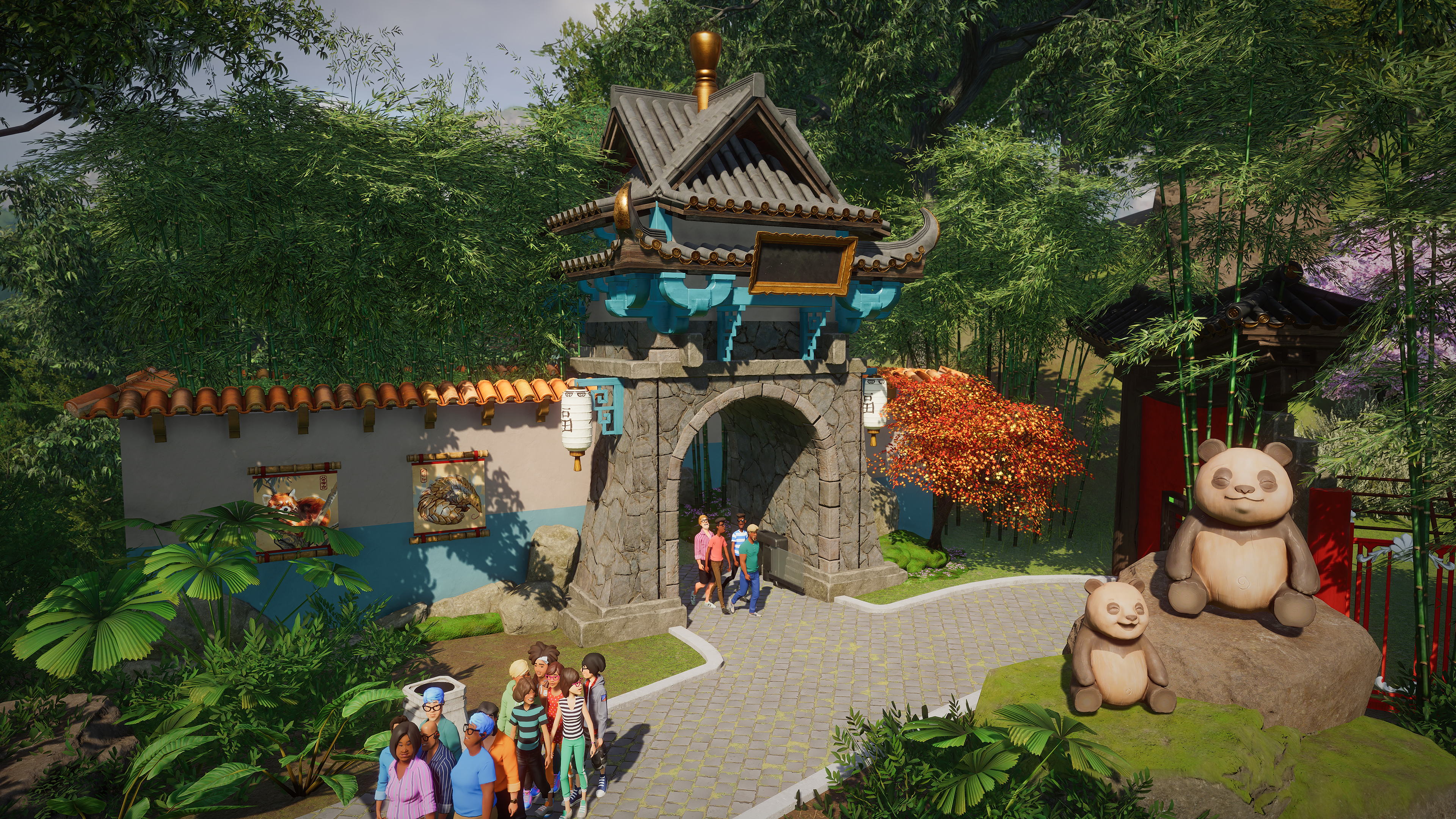
Embracing the community
One thing we noticed from Frontier’s previous game, Planet Coaster, was how engaged the community is with that game. So, did Frontier’s fanbase help shape Planet Zoo?
“Planet Zoo has a wonderful community of players, who help guide us to create something that we’re hugely proud of, and to make sure we bring things to the game that they really want to see! This is something we really pride ourselves on at Frontier Developments. Ever since release, we’ve kept our ear to the ground, releasing new features and quality of life updates alongside our DLC releases, based on community feedback.”
"Planet Zoo has a wonderful community of players, who help guide us to create something that we’re hugely proud of."
One of the coolest ways the community has been involved with both Planet Coaster and Planet Zoo is with Steam Workshop, which allows them to share creations they’ve built in the game, such as rides, attractions and buildings, with other players.
“The community has always surprised the team with their awesome creations, and continues to do so every day,” says Wilkins.” It’s wonderful to see player’s imaginations run free, however, the most impressive aspect is just how well-made their zoos are! We’ve seen some truly elaborate habitats, scenery, facilities, and more since release, and players keep finding new ways to impress us.”
This creativity seems to have an electrifying effect on the rest of the community – including the game devs themselves – by encouraging others to create ever more elaborate and creative designs to share with everyone else.
“More recently there has been an uptake in the creation of dioramas (cubes of terrain with habitats built in and around them) showing off some real ingenuity and sparking both players and Planet Zoo team members to try making their own,” says Wilkins.
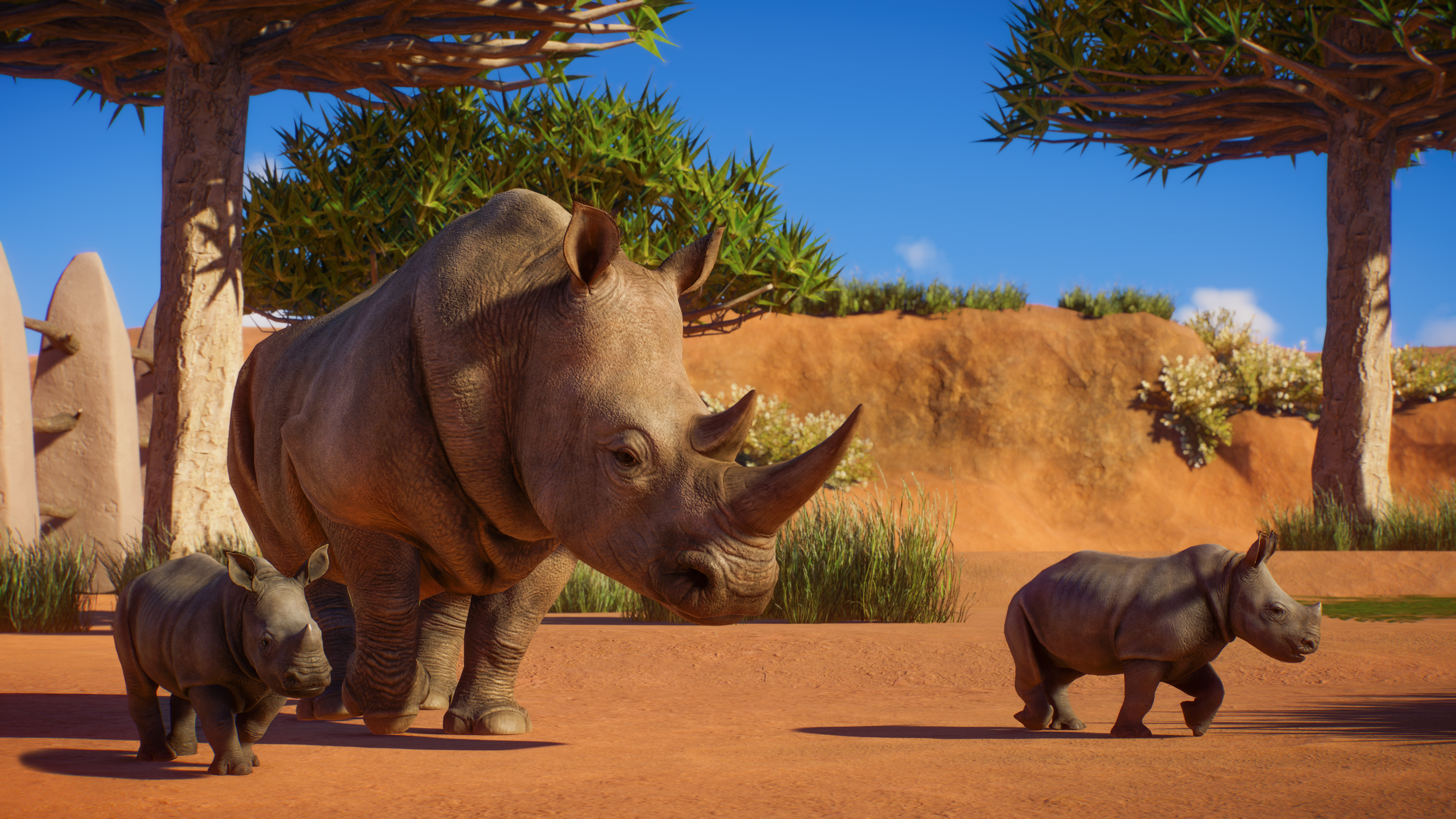
Looking to the future
With Planet Zoo out and being well received by critics and gamers alike, what’s next? “Right now, the team is fully focused on supporting Planet Zoo with more exciting updates,” Wilkins tells us. “There are so many wonderful animals we want to bring to Planet Zoo, the hardest part is choosing everyone’s favorites.”
Speaking of animals, there’s an educational aspect to the game, and a strong conservationist message. When looking to the future, not just for the game, but for the planet, does the team think that message is now more important than ever?
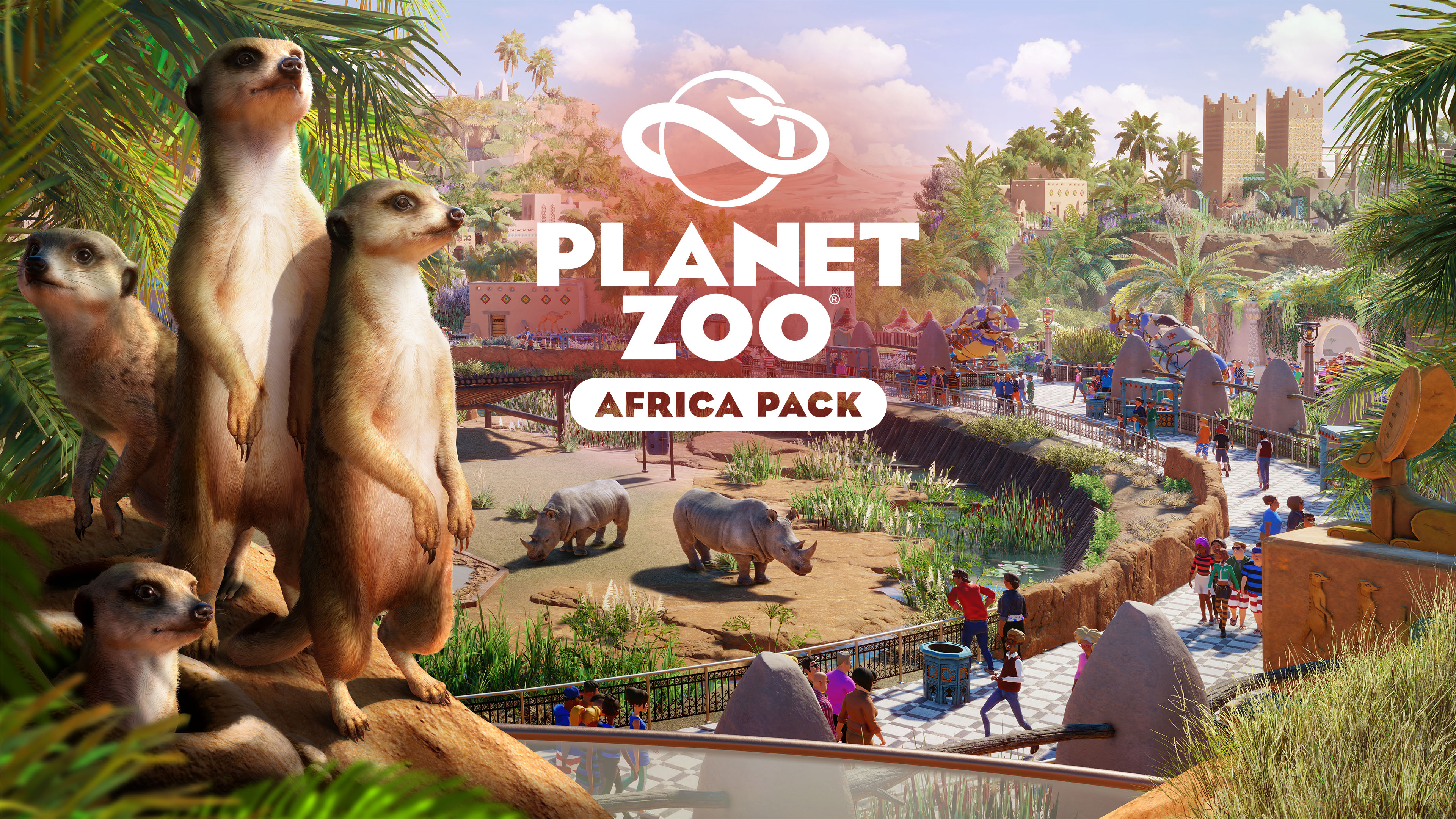
“While the game has evolved since release, our message has remained,” says Wilkins. “From ensuring that our in-game animals are as close to their real-world counterparts as possible, to working with partner zoos across the globe, conservation awareness is incredibly important to us. We hope that the educational value of Planet Zoo can contribute to that message; that our players can appreciate the amazing animals that we showcase, and of course have fun doing it.”
- Welcome to TechRadar’s PC Gaming Week 2021, our celebration of the greatest gaming platform on Earth. Despite the global pandemic and ongoing GPU shortages, PC gaming has never been more vibrant and exciting, and throughout the week we’ll be reflecting this with a selection of in-depth articles, interviews and essential buying guides.
from TechRadar - All the latest technology news https://ift.tt/3DE8S6A





0 Comments